Great Tang Idyll
CH 27
ter he had spoken that these were clearly two children.
“Oh, this one is this Zhang’s green plum and bamboo horse,19 Wang Manor’s Juan-Juan.” Zhang Xiaobao gestured with his hand as he gave an introduction.
“Green plum and bamboo horse?” Song Jing-gong was confused again.
What was the meaning?
Wang Juan spoke up at this time: “It’s the meaning of ‘boy comes riding a bamboo horse; winding around the bed are green plums; two little ones with no suspicions.’20 So stupid.
And you’re even a Juren, ~ne.
With learning, there’s no learning; with swindling, you still can’t beat others in swindling.”
Wang Juan had already lowered her voice with those last words but Song Jing-gong could still hear them clearly.
If it were anyone else saying this, he would debate this point but facing these two kids today, he only felt a kind of helplessness.
Where had the ancestral tombs of the two families of Zhang and Wang been buried?21
At this time, Xiaohong had already served the tea.
In front of Zhang Xiaobao and Wang Juan was hot tea.
In front of Song Jing-gong were two kinds of tea, one hot and one cold.
Regardless of whether they were hot or cold, they were all very green and different from the ones that Song Jing-gong had drank before in the past.
“Mister Zhang, this is…?” Song Jing-gong pointed at the cold tea22 as he asked.
“Cold tea.” Zhang Xiaobao explained.
If you are a reader that is seeing this, I apologize for the inconvenience.
If you are reading this
“Oh, then why does only this Song have it?” Song Jing-gong asked again.
“With people of status, who would drink cold tea? You joking? Juan-Juan and I are too young; it’s too easy to get an upset stomach from drinking cold things.” Zhang Xiaobao said while smiling.
Though “dou you” (豆油) literally translates to a generic “bean oil,” it is because soybeansare the largest bean crop in Asia so they hardly needed to point out that the bean in question was soybean, which is similar to how hardly anyone points out that flour tends to really mean wheat flour since it is already understood to be wheat without further elaboration. Soybean oil is commonly used as a cooking oil though it also has other applications.
“Dou bing” (豆餅) translates to “bean cake” but the cake part actually refers to the oil or press cake that’s left behind after the liquid or oil is extracted and it’s not an actual finished product that’s prepared for consumption purposes.
To ensure the reader’s understanding and avoid confusion, I translated this term as “soybean press cake.”
For those who aren’t aware, “zhen jiu” (針灸) is the Chinese term for the combined practice of acupuncture and moxibustion within traditional Chinese medicine that involves sticking needles into the body at acupuncture points and the burning of ground up Chinese mugwort(moxa in English based on the Japanese pronunciation) on the acupuncture needles or patient’s skin.
The therapy is typically used for pain relief but has a wider range of applications, especially within traditional Chinese medicine.
Development of acupuncture rose from Chinese concepts such as qi, meridians, etc.
“Ba guanzi” (拔罐子) or “cupping” is a form of therapy in traditional Chinese medicine that involves using cups to form suctions on the skin in the belief that this encouraged blood flow in order to to heal the body.
Cupping therapy is generally divided into two types, which are dry cupping and fire cupping.
“Gua Sha” (刮痧), which I’ve translated as “scraping,” is a form of treatment in traditional Chinese medicine where practitioners scraped the patient’s skin to cause bruising.
The thinking behind this therapy was that the scraping released internal toxins and increased blood circulation as well as encouraged healing.
Xiaobao refers to it as “maobi zi” (毛筆字) or “ink brush characters” when he really meansChinese calligraphy or “book method” (書法), which is the writing of Chinese charactersusing an ink brush.
“Feng shui” (風水) literally translates to “wind water” and is a practice that believes in harmonizing people with nature and has its origins in Daoist beliefs and concepts such asqi, the eight trigrams or bagua (八卦), and the yin-yang theory.
It also uses Chinese astrology and the Five Elements system or “Wu Xing” (五行), having some fortune-telling aspects to it as well.
Feng shui was important in ancient China (and today!) as people would seek out practitioners to find a location with the best qi or energy flow to build a structure so that it can give the most luck and good karma or energy to its owners or inhabitants.
In modern times, this could cause decisions in architectural design that wouldn’t make sense to Western thinking like an extraneous looking hole in the middle of a building.
Ju/鋦 describes the ancient Chinese method of patching together broken ceramicware or porcelain before the advent of super glue.
Strips made out of flattened copper or iron nails called juzi/鋦子 were used to stitch the cracked pottery shards together.
For an example of a porcelain jar repaired in such a way, visit this Baidu page here.
The Chinese used here is “mo jianzi qiang caidao” (磨剪子戧菜刀) but that is probably a typo since the correct characters are “mo jianzi qiang caidao” (磨剪子鏹菜刀) and refers to the craft involved with grinding and polishing scissors and cleavers used as kitchen knives in order to sharpen their edges.
This used to be an ancient profession in China, similar to the wandering tinkers who mended household utensils in the West.
“Ling yang gua jiao” (羚羊掛角) is a Chinese expression that arose from the mistaken belief that antelopes hung their horns on the trees and slept with their feet off the ground in order to prevent being tracked down and ambushed at night.
This idiom is meant to describe someone who thinks outside the box or is out of the ordinary with their actions.
“Tian ma xing kong” (天馬行空), which I have translated literally in text, is a Chinese 4-character couplet that’s used to describe people who are unconstrained and free like the celestial horses, making them unpredictable.
It can also reflect negatively on such people since they could be said to not be so grounded in reality.
In this case, Xiaohong is referring to the greatness of vision that Xiaobao and Juan-Juan seem to have in their plans and actions whose direction or goal no one else can seem to get a grasp on.
“Naihe Qiao” (奈何橋), which I’ve translated as the Bridge of Helplessness, is a bridge found in the Chinese version of the underworld called “Diyu” (地獄), which literally means “earth prison.” Any souls that crossed the bridge were greeted by Meng Po (孟婆), whose name means “Granny Meng,” who served them a soup called “mi hun tang” (迷魂湯) or “drugged soul soup” that would induce amnesia so that they could continue on to their next life without any memories of their previous life or of their time in the underworld.
The bridge is similar in concept to the river Styx that must be crossed by the dead in Greek mythologywhile the soup has the river Lethe as its Greek counterpart.
The reason for the bridge’s name in Chinese is because crossing the bridge can’t be helped or avoided.
The end table is called a “xiao ji” (小几) and can also be referred to as a tea table or “cha ji” (茶几).
For images on what it looks like, visit this Baidu page here.
“Suo yi” (蓑衣) was a garment made out of rice straw that was water-resistant and was the ancient Chinese form of a raincoat before actual waterproof materials like rubber or plastic were created.
The mino (蓑) is the Japanese version of this clothing.
Juan-Juan is quoting a poem by Northern Song dynasty poet Su Shi (蘇軾), who is also known as “Su Dongpo” (蘇東坡), which is where the Hangzhou dish of Dongpo pork gets its name from.
The quote “yi suo yan yu ren ping sheng” (一蓑煙雨任平生) is from Su Shi’s “Ding Feng Po” 《定風波》 and given the context of the poem, the imagery of the straw raincoat that takes the battering of smoke and rain is likened to facing up to the trials of life with armor-like equanimity.
Xiaobao is quoting Southern Song dynasty poet, Xin Qiji (辛棄疾).
The phrase, “feng liu zong bei yu da feng chui qu” (風流總被雨打風吹去), is from his poem, “Yong Yu Yue – Jingkou Beigu Ting Huai Gu” 《永遇樂·京口北固亭懷古》, whose title can be roughly translated as “Eternal Encounter Song – Yearning for the Past at the Northern Pavilion in Jingkou.” He wrote this in 1205 at the location in question as a criticism of Emperor Wen of Liu Song (劉宋文帝) who he felt didn’t appreciate his talents and contrasts Emperor Wen unfavorably against two men much feted for their greatness who had both been associated with Jingkou (京口), past incarnation of the modern day city of Xuzhou (徐州市): Sun Quan (孫權), the founder of the state of Eastern Wu (東吳) from the Three Kingdoms period, and Emperor Wu of Liu Song(劉宋武帝) who founded the Liu Song dynasty (劉宋朝) and was Emperor Wen’s father.
The meaning of the line Xiaobao is quoting when considering the context of the poem is essentially lamenting how heroes who were free like the flowing wind are still not immune to the ravages of time as represented by the rain and wind so their presence or spirit will still disappear (as evidenced by Emperor Wen failing to live up to the memory of his father).
So, Xiaobao is probably using hyperbole to claim that he would get sick and died if he went along with the action that Juan-Juan is proposing here.
Hopefully, I explained this well enough… ^_^;
The “Hanlin Yuan” (翰林院), which I’ve translated as the Imperial Academy though the name literally means “Forest of Brushes School,” was an institution founded by Emperor Xuanzong of Tang that gathered an elite group of scholars who gave interpretations of the classic texts that the civil exams were based on.
Members did secretarial and administrative work for the Emperor and included court painters, diplomatic translators, archivists, as well as scribes for the Imperial edicts or decrees.
“Xiucai” (秀才), which literally means “distinguished talent,” was the title for those who had passed the civil exams at the local county level.
If their test ranking was high enough, they could also receive a stipend from the government in addition to being able to attend the local equivalent of a state-funded high school (I do not say public because it was not open to the public).
This was also the level at which such degree holders started receiving some of the privileges reserved for the scholarly class like not having to kneel in front of the magistrates when appearing in front of them.
“Qing mei zhu ma” (青梅竹馬) essentially means “childhood sweetheart” with the “green plum” (qingmei/青梅) typically used to refer to the girl and “bamboo horse” (zhuma/竹馬) for the boy in Chinese and is derived from a poem that illustrates such a situation.
In cases where its literally meaning is not specifically pointed out and/or no wordplay is involved, I will usually translate this phrase as childhood sweethearts.
Juan-Juan is quoting the relevant poem to explain the 4-character couplet that means “childhood sweethearts” in Chinese: “郎騎竹馬來,繞床弄青梅,兩小無猜.” The source is “Chang Gan Xing” 《長干行》 by famed Tang dynasty poet, Li Bai (李白).
It illustrates a young woman’s story of love since her childhood and their parting.
The American poet Ezra Poundlater did a translation of this poem and titled it “The River Merchant’s Wife: A Letter.”
In case people are wondering why Song Jing-gong is asking this question, as part and parcel of believing in ancestor worship and feng shui, Chinese people naturally thought that burying their ancestors in a place that had good feng shui could help grant fortune to them as the ancestral spirits would naturally grow in strength to be able to bless their descendants.
So Song Jing-gong is basically wondering what kind of super powerful feng shui location had the Zhang and Wang family ancestors been buried in to bless these two families with such unnaturally intelligent descendants like Xiaobao and Juan-Juan.
“Liang cha” (涼茶) literally means “cold tea” but is known as herbal tea or tisane in English since they could include other substances like herbs, spices, or plants and are not prepared in the normal way as true teas.
Another name would be tea infusion.
However, as the name in Chinese suggests, these teas were served chilled or cold in China.
To avoid reader confusion, I have translated it literally.
You'll Also Like
-
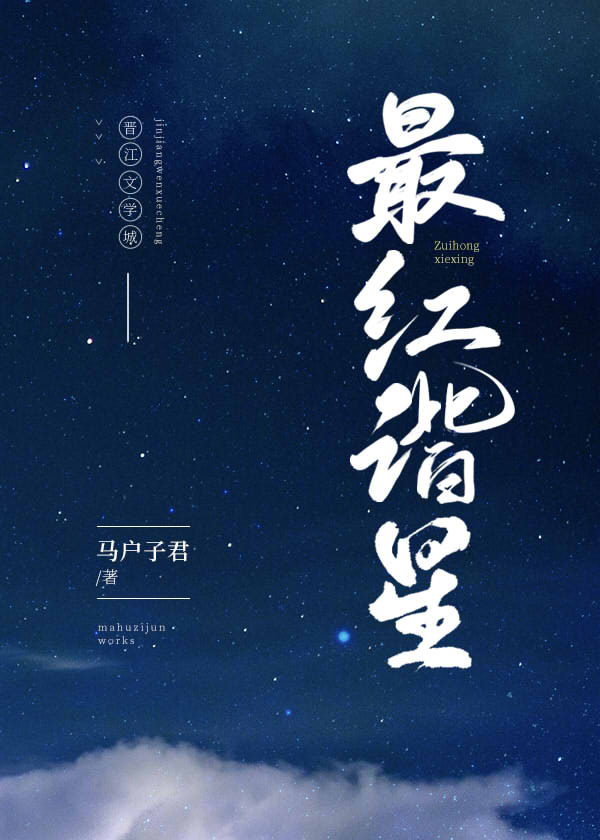
The Most Popular Comedian
Chapter 65 September 3, 2023 -
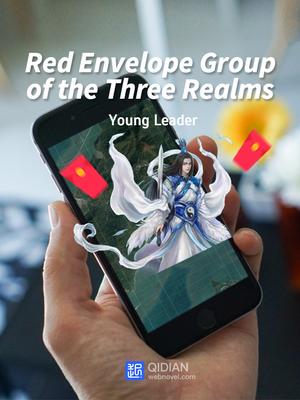
Red Envelope Group of the Three Realms
Chapter 1986 September 1, 2023 -
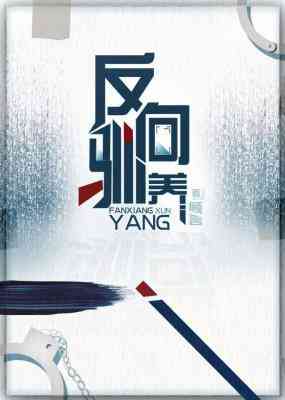
Reverse Domestication
Chapter 39 September 2, 2023 -
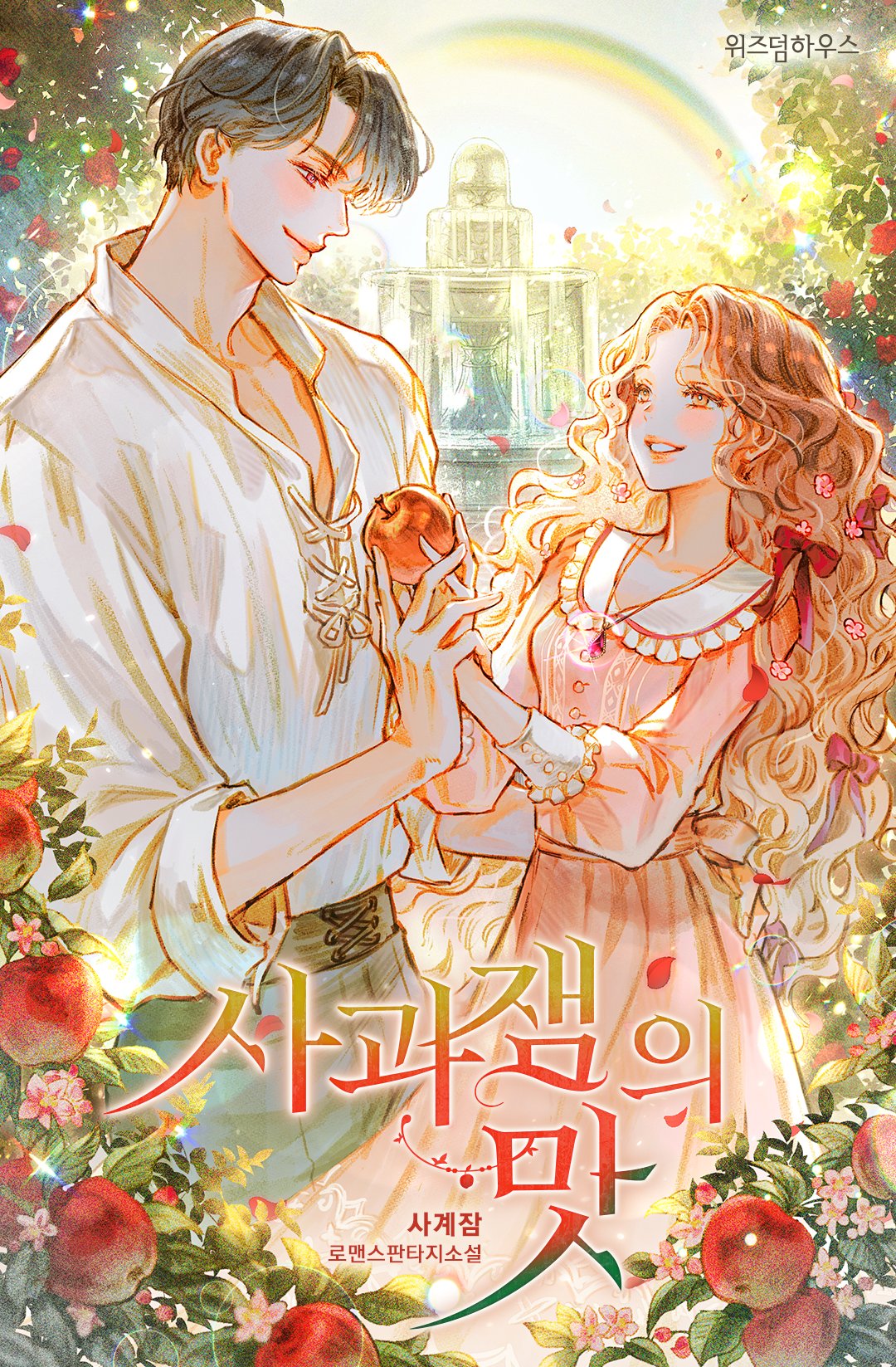
The Taste Of Apple Jam
Chapter 9 August 29, 2023 -
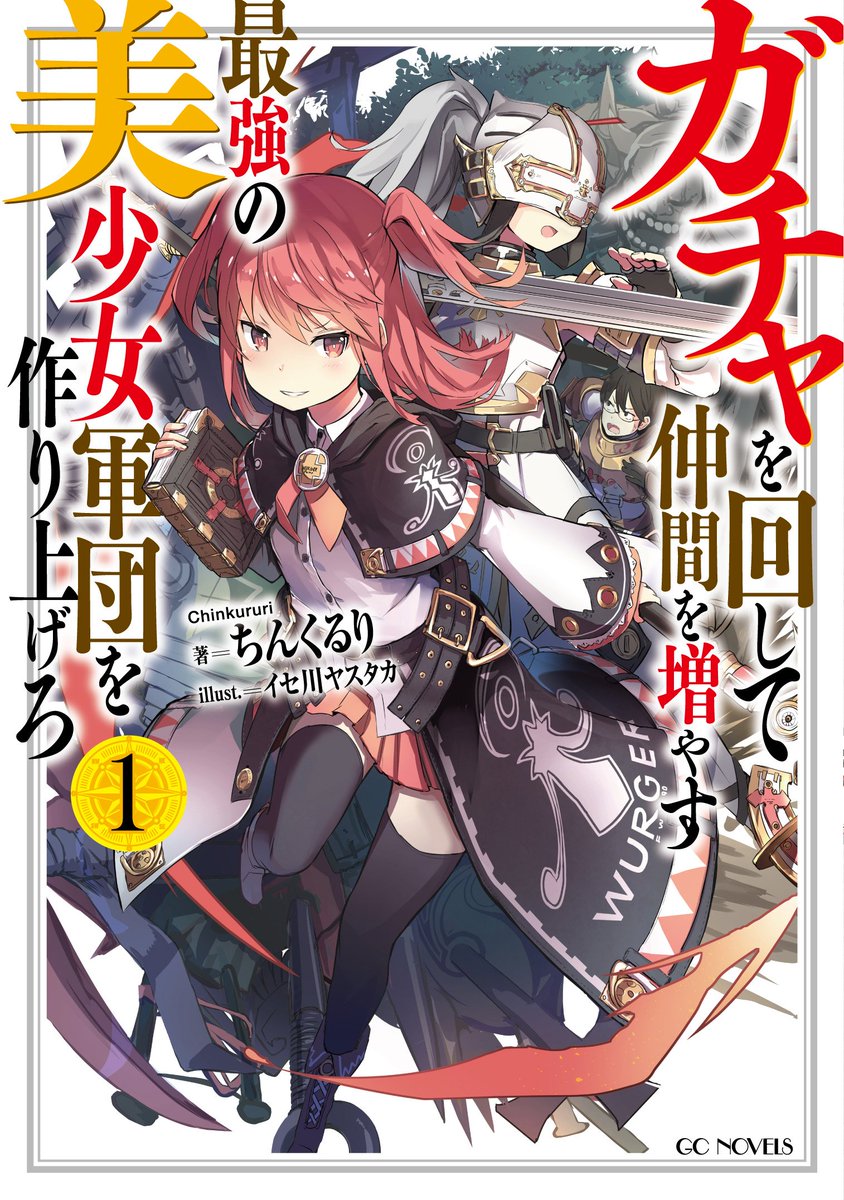
Using Gacha to Increase My Companions and to Create the Strongest Girls’ Army Corps
Chapter 84 August 28, 2023 -
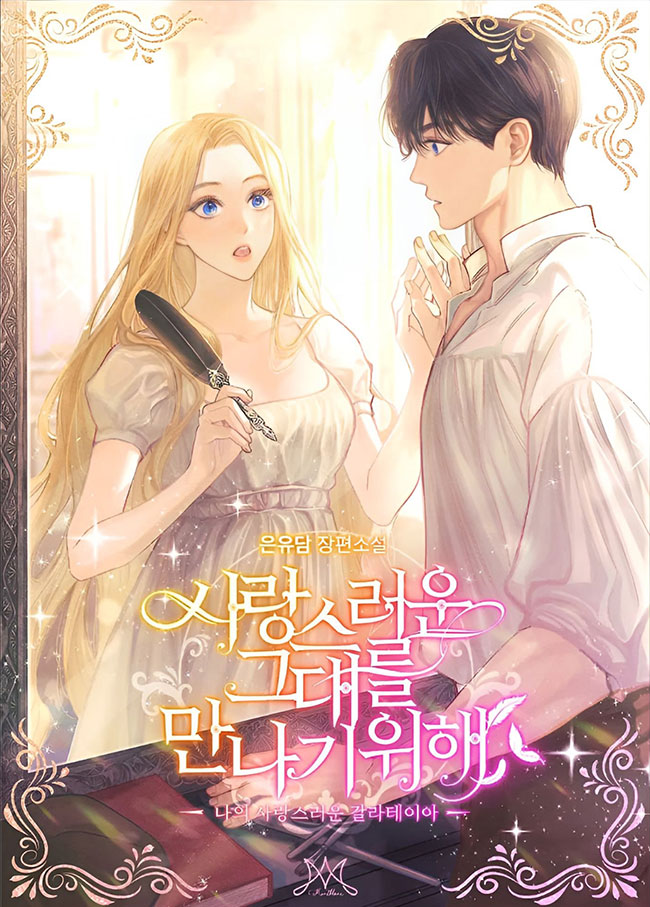
In Order To Meet You, Beloved
Chapter 35 August 28, 2023 -
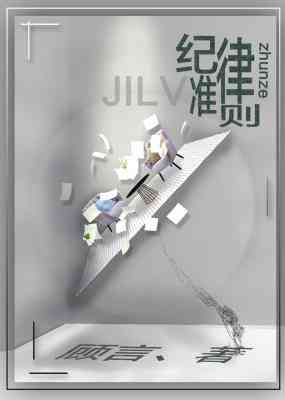
Disciplinary Code
Chapter 65 September 4, 2023 -
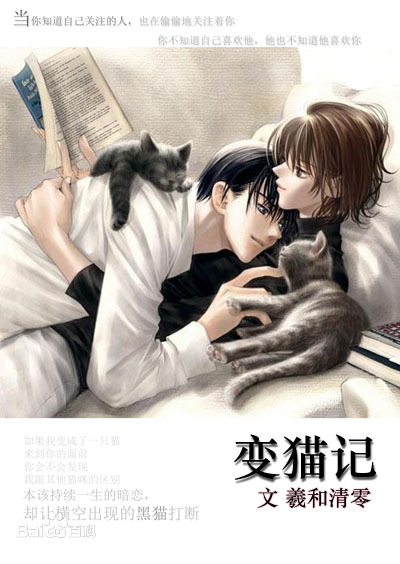
The Cat Transformation
Chapter 27 August 26, 2023 -
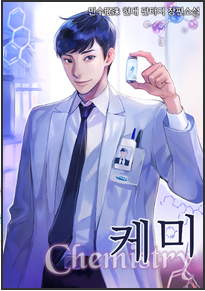
Chemistry
Chapter 61 August 25, 2023 -
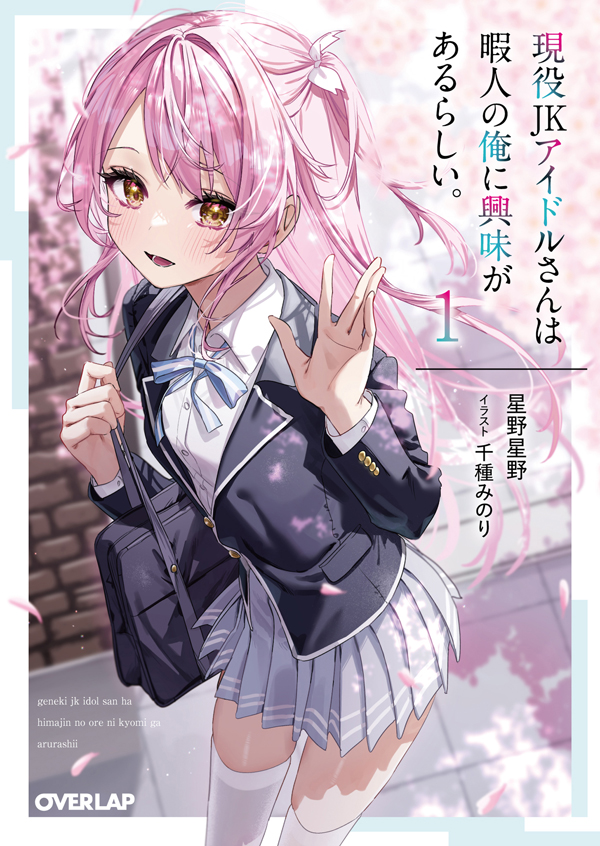
Active JK Idol Seems to be Interested in Me Who is a Free Person.
Chapter 32 August 25, 2023 -
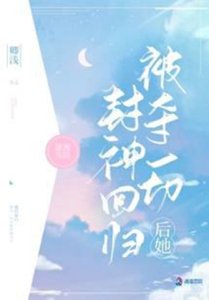
After Being Robbed of Everything, She Returns as a Goddess
Chapter 47 August 25, 2023 -
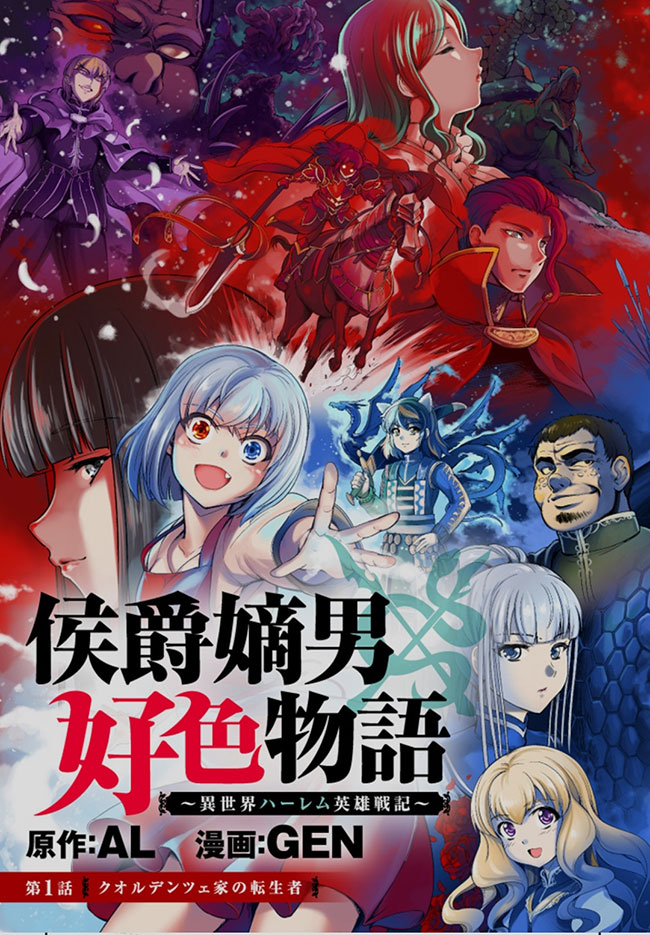
The Marquis’ Eldest Son’s Lascivious Story
Chapter 232 August 26, 2023
